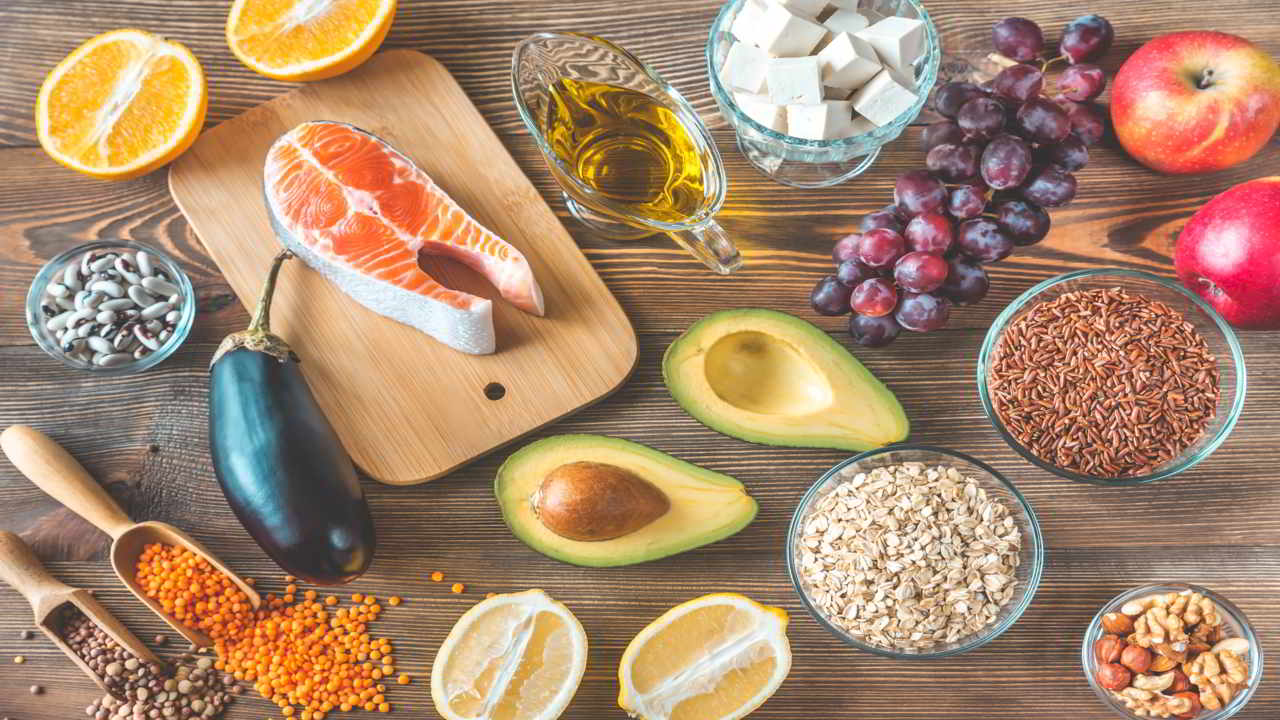Addressing high cholesterol levels early can prevent the need for medical interventions later in life. Incorporating specific foods into the diet can significantly help manage cholesterol levels, sometimes yielding results in as little as four to six weeks, comparable to the effects of statin medications. According to registered dietitian Mei Wan, dietary changes, especially for individuals with mild cholesterol elevations, can lower LDL cholesterol and improve overall heart health.
Foods rich in soluble fiber, plant sterols, and healthy fats play a crucial role in reducing LDL cholesterol. Mei highlights that soluble fiber found in oats, beans, apples, and citrus fruits binds to cholesterol in the digestive system, reducing its absorption. For example, consuming 1.5 cups of cooked oats daily can lower LDL cholesterol by up to 10% over time. Similarly, plant sterols and stanols in fortified foods like spreads and yogurts can reduce LDL cholesterol by 6–10% when consumed regularly with a balanced diet.

Healthy fats, particularly omega-3 fatty acids and monounsaturated fats, also contribute to cholesterol management. Nuts such as almonds and walnuts, and fatty fish like salmon, are excellent sources of these beneficial fats. Whole grains like barley and brown rice provide additional fiber, enhancing cholesterol-binding in the digestive system. Mei also emphasizes the value of soy products like tofu and soy milk, which can reduce cholesterol by up to 5%. Replacing butter with heart-healthy fats, such as olive oil, further supports cholesterol reduction.
Mei notes that diet alone works best when combined with lifestyle changes. Regular exercise—30 to 45 minutes of moderate activity five times a week—enhances the benefits of a cholesterol-lowering diet. Physical activity helps boost good cholesterol (HDL) levels and improves the body’s ability to remove bad cholesterol.
Additionally, reducing alcohol consumption plays a vital role in supporting liver function, which is essential for efficiently processing and eliminating excess cholesterol. By combining these dietary and lifestyle strategies, individuals can effectively manage cholesterol levels, potentially avoiding the need for medication in mild cases.
